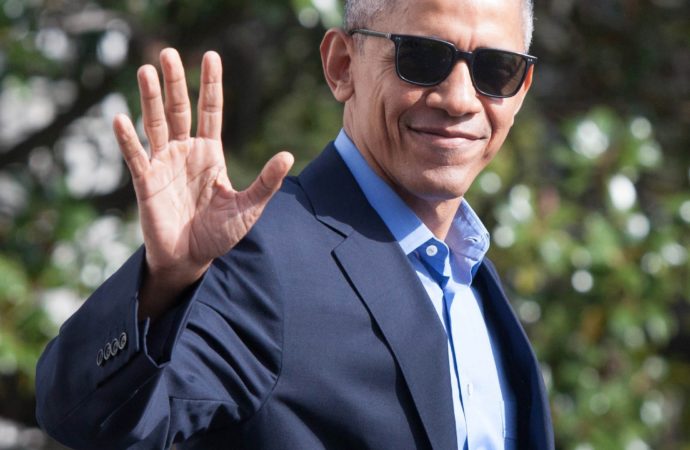If you are like me, your retirement account rose substantially in value during 2017.
The end of the stubborn economic lag of the Obama years is a signal event affecting the life every American. It’s not just the stock market that’s up, but GDP and job growth as well.
Presumably because it would make the Trump administration look good, the mainstream media have given this development relatively little attention—as illustrated by the New York Times’ non-treatment in its 2017 Year in Review. (The Denver Post’s December 31 print edition review provides another example.) When the mainstream media have discussed the economy outside their business pages, they sometimes have done so only to belittle the progress made.
On the other side of the political divide, President Trump is (of course) claiming credit. No doubt he is entitled to some.
But let’s face it: The election of almost any of the major presidential candidates other than avowed socialist Bernie Sanders probably would have triggered a similar boom. It might have been greater under a President Rubio or President Kasich or less under a President Clinton. But the upsurge would have come because its principal cause has not been who was elected, but who has departed.
Those departed are Barack Obama and an administration comprised largely soft-totalitarian“progressives” who showed little respect for the rule of law during their eight-year reign.
Economists across the political spectrum agree that the rule of law is key to a healthy economy, particularly in developed countries. When legal rules are clear and predictable, investors are more willing to risk their capital than when rules are fuzzy and subject to random change.
The American Founders recognized this. One reason they adopted the Constitution was to strengthen the rule of law. Under the Articles of Confederation (1781 – 1789) legal stability was jeopardized by demagogic policies pursued in some of the states. Partly as a result, the United States in the 1780s was mired in an economic depression.
James Madison wrote in Federalist No. 44:
The sober people of America are weary of the fluctuating policy which has directed the public councils. They have seen with regret and indignation that sudden changes and legislative interferences, in cases affecting personal rights, become jobs [i.e., opportunities for unfair gain] in the hands of enterprising and influential speculators, and snares to the more-industrious and less informed part of the community. They have seen, too, that one legislative interference is but the first link of a long chain of repetitions, every subsequent interference being naturally produced by the effects of the preceding. They very rightly infer, therefore, that some thorough reform is wanting, which will banish speculations on public measures, inspire a general prudence and industry, and give a regular course to the business of society.
Madison focused on legislative violations of the rule of law. The Obama years saw some of these, including largely inscrutable legislation that mauled our health care and financial systems.
However, most of the threats to the rule of law came from executive action: a frenzy of new economic regulations; illegal immigration orders; unwarranted privileges to the politically-powerful, such as exemption from Obamacare mandates; the use of federal grants to skew scientific research; IRS attacks on dissident groups; subsidies to some businesses at the expense of others; and increased surveillance of political opponents.
Of course, the Obama administration was not the first presidency to threaten the rule of law. But most other serious presidential attacks occurred during wartime. Moreover, the Obama administration’s assault was unusually comprehensive—far more so than, for example, sporadic efforts by prior presidents to turn the IRS against political enemies.
President Trump also has expressed an unfortunate preference for distorting the legal playing field. But so far his administration has done nothing comparable to the Obama presidency’s third-world-style behavior.
No wonder why so many Americans are breathing a sigh of relief—and then following it up with concrete investments in our country’s future.
This article originally appeared in The Hill on January 9, 2018.








